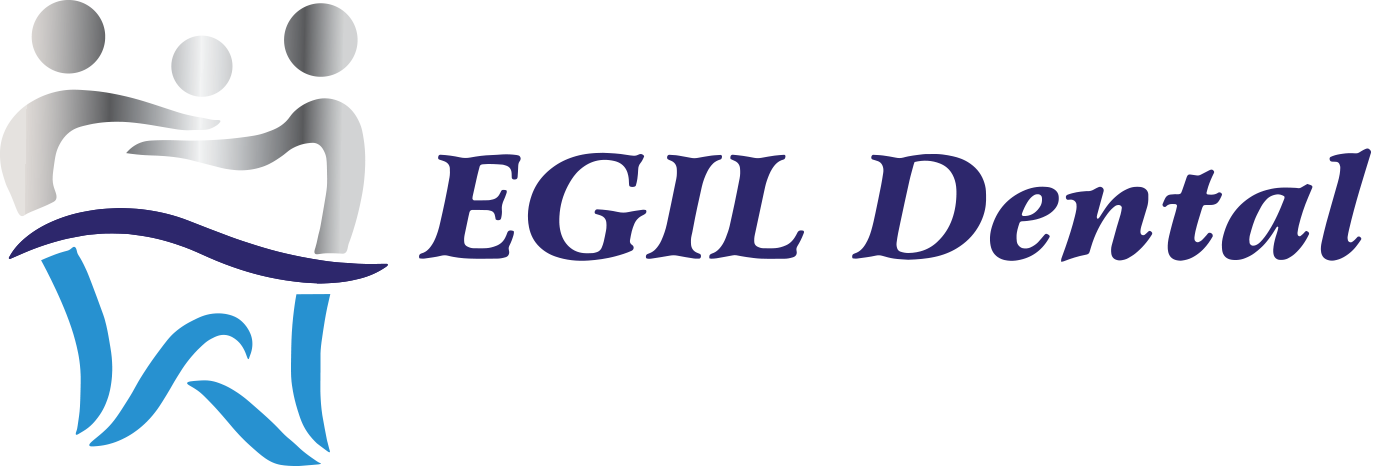Maintaining good oral health is essential for overall well-being. However, there are instances when it becomes necessary to extract a tooth, even in adults. Tooth extractions are performed to remove a tooth from its socket in the bone. While it may sound intimidating, in certain situations, tooth extractions are the best course of action to protect your oral health. In this article, we will explore the common reasons why adults may require tooth extractions and shed light on this dental procedure.
1. Severe Tooth Decay
One of the primary reasons for tooth extractions in adults is severe tooth decay. When tooth decay progresses to a point where it has extensively damaged the tooth structure and affected the pulp, a root canal may not be a viable treatment option. In such cases, the dentist may recommend extracting the tooth to prevent further damage and potential infection. Regular dental check-ups and maintaining good oral hygiene practices can help catch decay at an earlier stage and prevent the need for extraction.
2. Gum Disease
Gum disease, also known as periodontal disease, is a bacterial infection that affects the gums supporting the teeth. If left untreated, gum disease can lead to the destruction of the supporting bone and tissues surrounding the teeth. This can ultimately result in tooth loss. In some cases, tooth extraction becomes necessary to alleviate the infection and prevent the spread of bacteria to neighboring teeth and tissues.
3. Impacted Wisdom Teeth
Wisdom teeth, also known as third molars, usually emerge in a person’s late teens or early twenties. However, they often don’t have enough space to erupt properly, causing them to become impacted. Impacted wisdom teeth can lead to various problems like pain, infection, and damage to nearby teeth. In such cases, extraction is often recommended to alleviate the discomfort and prevent further complications.
4. Crowding of Teeth
In some cases, tooth extractions are performed as a part of orthodontic treatment. When a person has severe crowding issues, extracting one or more teeth may be necessary to create sufficient space for the remaining teeth to align properly. Orthodontic treatment, such as braces or aligners, can then be used to straighten the teeth and achieve a more aligned and functional bite.
5. Tooth Trauma
Accidental injuries or trauma can cause severe damage to a tooth or its surrounding structures. Tooth fractures or dislodgements resulting from trauma may not always be salvageable. In such cases, the tooth may have to be extracted to prevent infection and preserve oral health. Promptly seeking dental assistance after any dental trauma is crucial to determine the best course of action.
6. Severely Cracked or Broken Teeth
Teeth that are severely cracked or broken beyond repair may require extraction. In many cases, these fractures extend below the gum line, where tooth restoration is no longer feasible. Extracting the tooth in such scenarios is necessary to prevent infection and alleviate any pain or discomfort associated with the damaged tooth.
7. Preparation for Dentures
In certain situations, tooth extractions may be performed to prepare the mouth for the placement of dentures. This is particularly true for individuals with extensive tooth decay, gum disease, or severe teeth misalignment. Removing damaged or misaligned teeth allows dentures to fit better and function properly, improving overall oral health and quality of life.
Conclusion
While tooth extractions may sound intimidating, they are often necessary in cases where alternative treatments cannot yield desired outcomes. Severe tooth decay, gum disease, impacted wisdom teeth, tooth trauma, tooth crowding, severely cracked or broken teeth, and denture preparation are the common reasons for tooth extractions in adults. Maintaining good oral hygiene practices and regular dental check-ups can help prevent or detect these issues early, potentially avoiding the need for tooth extractions. Should you require a tooth extraction, always consult with a professional dentist who can provide the necessary guidance and ensure the procedure is performed safely and effectively.

